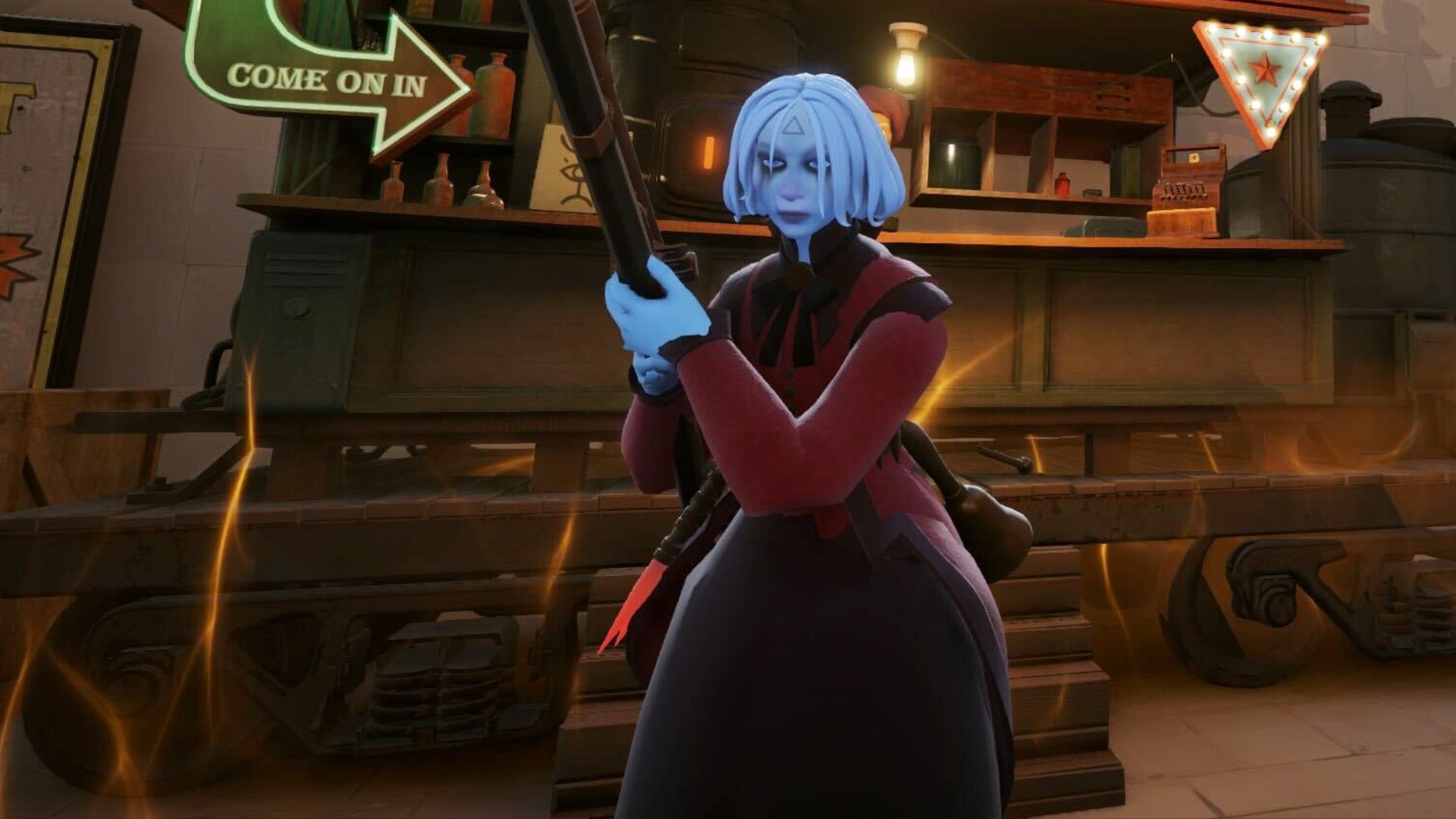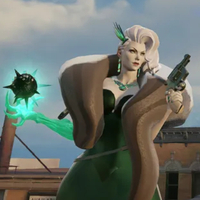Valve developer has to keep reminding players that Deadlock's anti-cheat system is coming and 'very high priority', since it's leaning mostly on player reports right now
Taking aim at aimbots.

Deadlock is getting anti-cheat software. This is a piece of information you might think is news, based on reactions to a message by beleaguered Valve developer Yoshi on the game's official Discord server. "Yeah we are working on anticheat," Yoshi writes to an inquiring mind, after discussing the game's ability to bind multiple actions to a key (which allows for some very silly stuff).
If you're curious about Valve's stance on the keybind stuff, Yoshi wrote: "Our plan is to restrict those in the near future, once we get enough of the legitimate uses people have added to the settings menu." That's not too surprising, given the company's attitude towards programs like Snap Tap in CS2.
It's also not surprising that people are asking about it, considering Deadlock's already getting aimbotters who, for some reason, want to get their power trips out of a MOBA playtest. Valve has a history with this sort of thing, alas—bots have been a plague in TF2 for years to varying degrees. Counter-Strike 2 has VAC live, though even a quick jaunt to the CS2 subreddit shows that, uh, there's probably still a problem.
But this isn't some new revelation: Valve's been working on this for a while. Behold, the power of Discord's search bar made manifest:
- August 11: Regarding "Anti Cheat questions, we are working on it atm and certainly consider it a very high priority in the long term".
- August 20: "We are adding a process soon on Discord to report cheaters," Yoshi adds, "While we work on our anti cheat."
- August 24: "We have a group of people working on anti cheat. In the short term while that system is developed we will be having a review group on Discord that helps look into reported cheater games." This was also double-confirmed in the announcements channel.
How long it'll take the system to be realised, though, and how effective it'll be, is another question entirely. Valve's been gun shy about making the move to kernel-level anti cheat software in the past—that is, software that has the maximum level of authority over your system. Kernel-level anti-cheat is controversial, invasive, and a potential security risk, though some developers argue it's required to keep pace with hack creators.
Instead, the company's bolstered its own huge banwaves with community policing: Player reports, low-priority queues, Counter-Strike and Dota 2's Overwatch system, and so on. VAC bans also help provide an extra anti-carrot to the 'stop cheating' stick by threatening players with closed doors on multiple games.
It's a bit of a damned if you do, damned if you don't situation, though. Eliminating 100% of cheaters is completely implausible—but games do still have to cull the herd to manageable levels when possible, something Valve does not historically have the best track record on. I'll be interested to see if this fabled anti-cheat strikes a good balance when it arrives. At the very least, it feels good to be the golden child.
Keep up to date with the most important stories and the best deals, as picked by the PC Gamer team.
Deadlock beta: How to get in
Deadlock characters: Full heroes and abilities list
Deadlock crosshair: How to customize yours

Harvey's history with games started when he first begged his parents for a World of Warcraft subscription aged 12, though he's since been cursed with Final Fantasy 14-brain and a huge crush on G'raha Tia. He made his start as a freelancer, writing for websites like Techradar, The Escapist, Dicebreaker, The Gamer, Into the Spine—and of course, PC Gamer. He'll sink his teeth into anything that looks interesting, though he has a soft spot for RPGs, soulslikes, roguelikes, deckbuilders, MMOs, and weird indie titles. He also plays a shelf load of TTRPGs in his offline time. Don't ask him what his favourite system is, he has too many.


